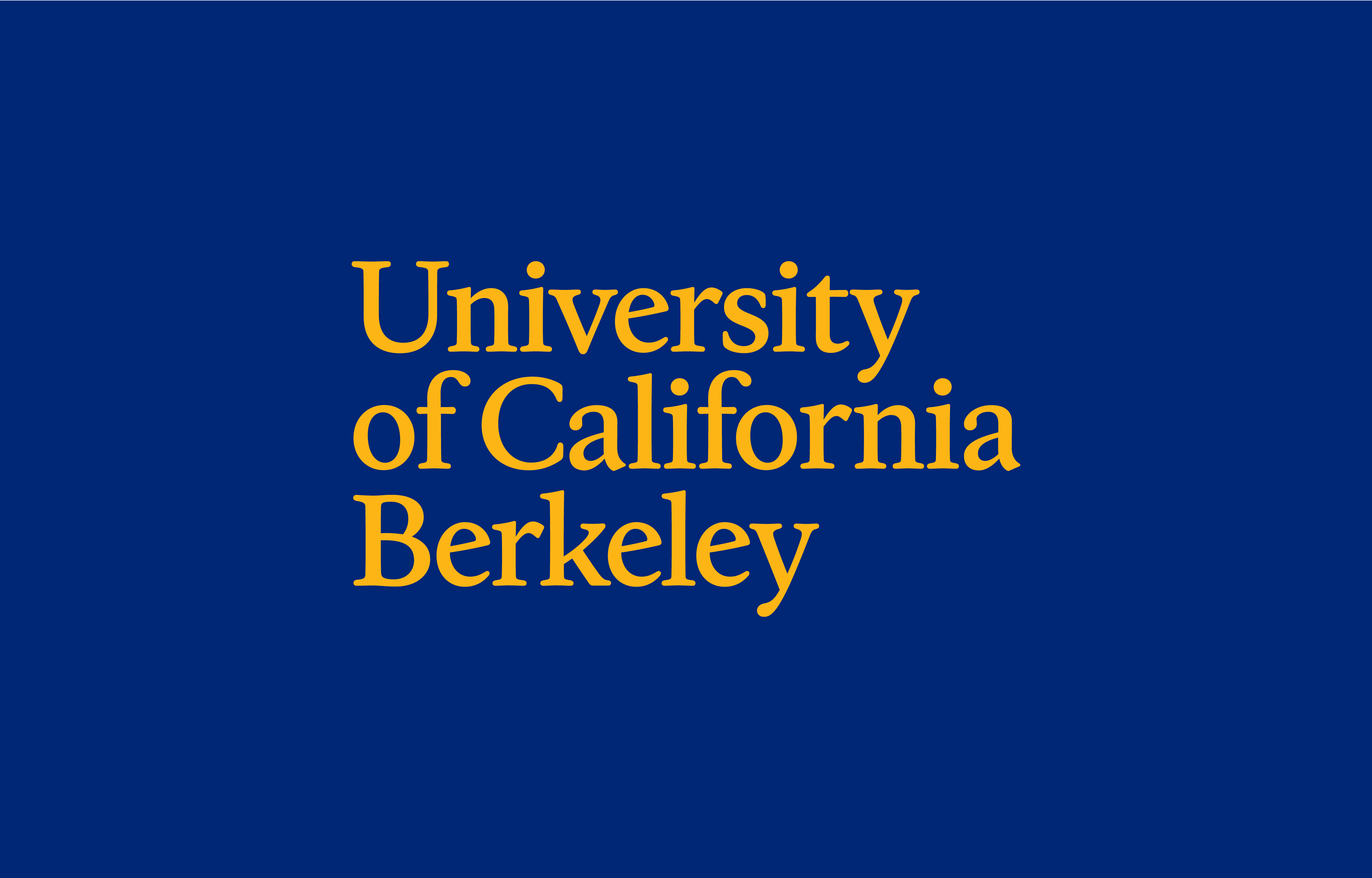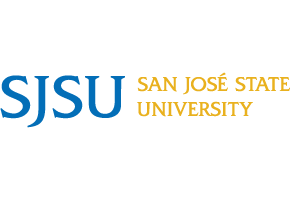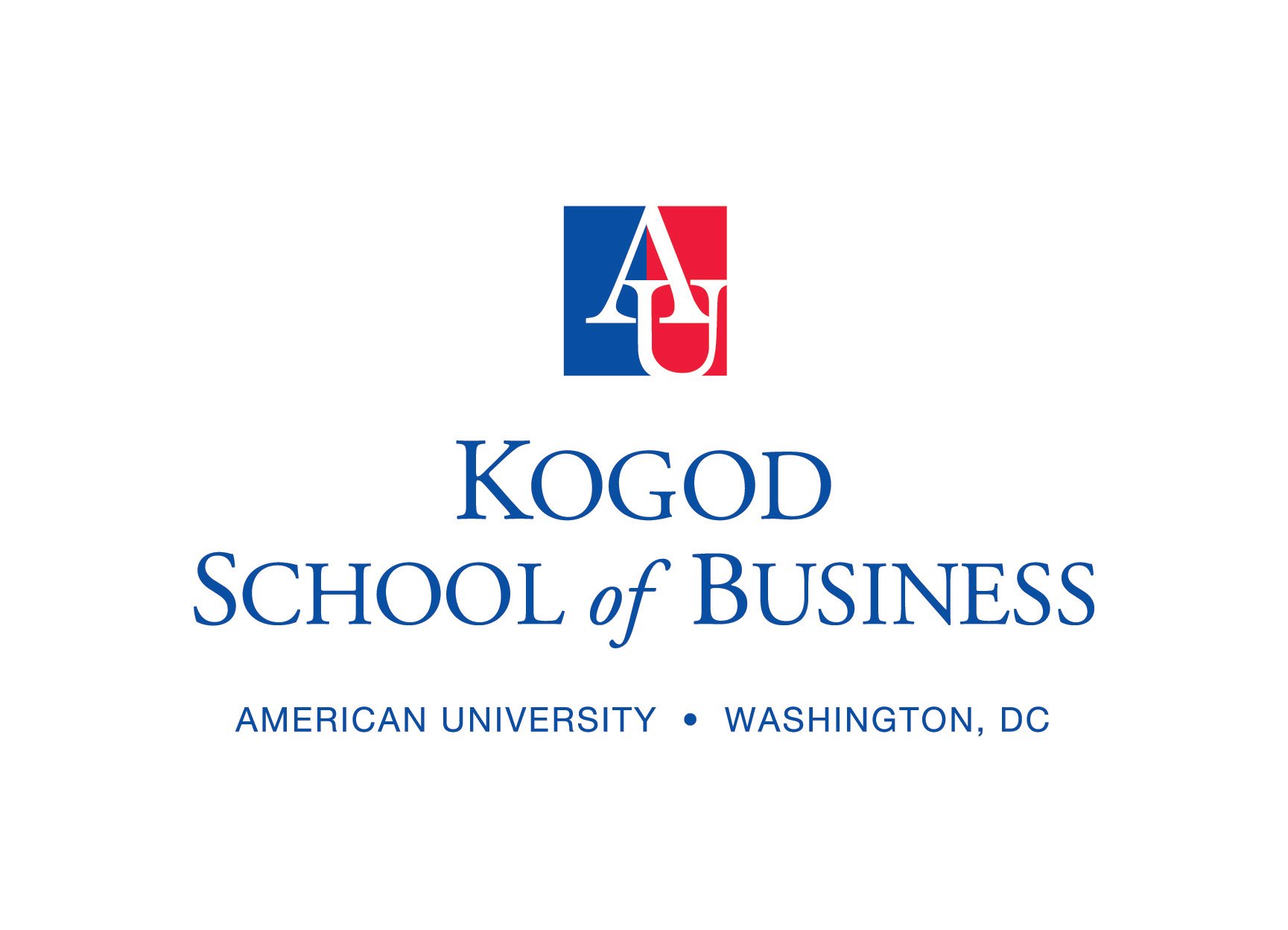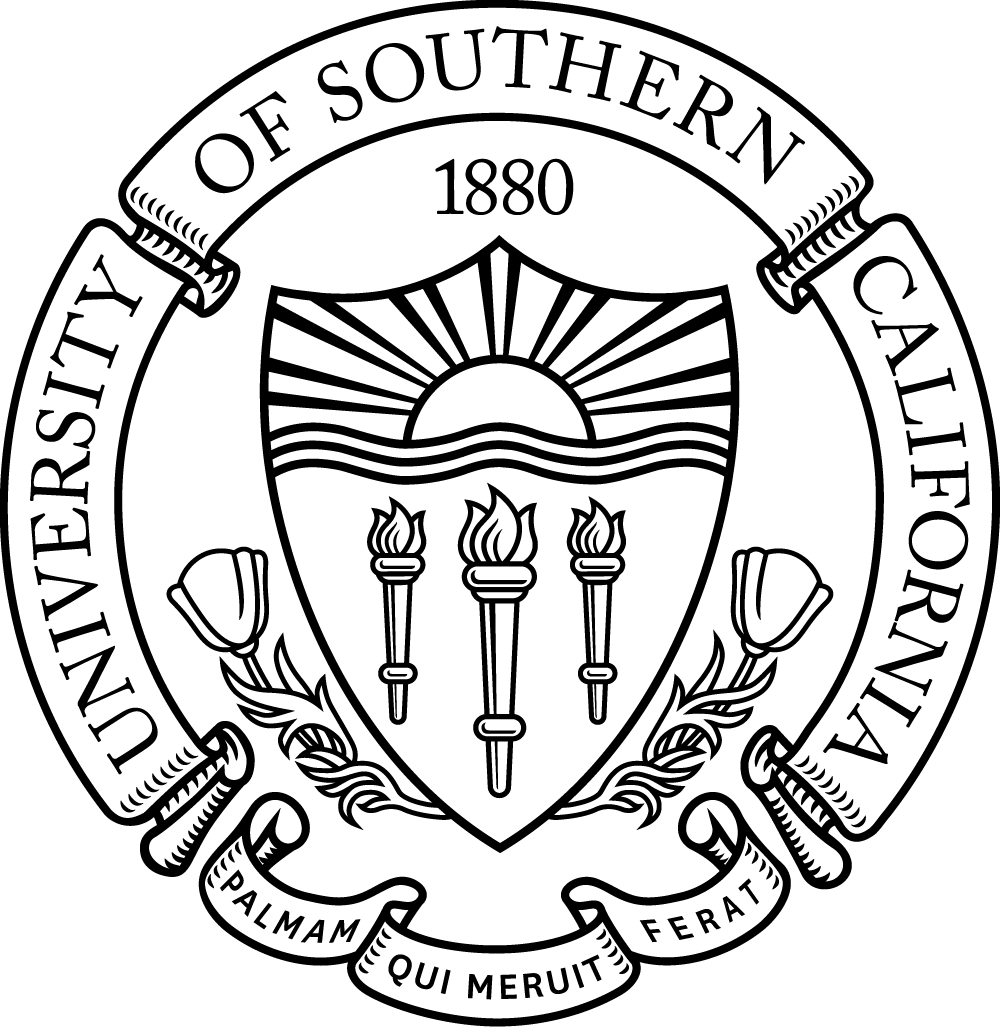Company Directory - Harvard University
Company Details - Harvard University

Harvard University
WebsiteCambridge, United States
Harvard University is the oldest institution of higher education in the United States, renowned for its prestigious educational programs, research, and contributions to academia.
CCI Score
CCI Score: Harvard University
54.17
0.53%
Latest Event
Harvard Faculty Chapter Challenges Authoritarian Deportation Policies
During a federal trial, the Harvard University faculty chapter—part of a coalition of scholar groups—joined a lawsuit alleging that the Trump administration's actions in deporting pro-Palestinian activist Rumeysa Öztürk violated constitutional rights, thereby resisting authoritarian overreach.
Take Action
So what can you do? Support Harvard by shopping, spreading the word, or offering your support.
- Shop Alternatives
SEE ALL - Use Your Voice
OTHER TOOLS - Investigate
- Share the Score
SUPPORT CCI
LEADER
Harvard University is currently rated as a Leader.
Latest Events
 JUL162025
JUL162025During a federal trial, the Harvard University faculty chapter—part of a coalition of scholar groups—joined a lawsuit alleging that the Trump administration's actions in deporting pro-Palestinian activist Rumeysa Öztürk violated constitutional rights, thereby resisting authoritarian overreach.
 JUN302025
JUN302025The Trump administration has accused Harvard University of violating the civil rights of Jewish and Israeli students and threatened to cut federal funding unless corrective measures are taken.
 JUN122025
JUN122025A CNBC article mentions a 'Trump, Harvard battle over student visas', highlighting Harvard University's involvement in opposing restrictive visa policies advocated by the Trump administration. This involvement is interpreted as part of Harvard’s broader commitment to progressive values and opposition to authoritarian measures.
 MAY302025
MAY302025Harvard University is taking unprecedented action by urging its alumni to contact federal representatives in a bid to resist the Trump administration's demands on academic freedom and institutional autonomy, reflecting a proactive stance against authoritarian pressures.
 MAY292025
MAY292025Harvard University conducted an academic case study on residential schools that have successfully empowered marginalized students, a success highlighted by the Bharat Rashtra Samithi legislators in their critique of escalating costs for new integrated schools.
 MAY292025
MAY292025A federal judge extended a temporary restraining order that blocks the Trump administration's attempt to ban Harvard University from enrolling international students, coinciding with Harvard's commencement ceremony. This ruling is viewed as a safeguard against authoritarian policies that undermine academic freedom and diversity.
 MAY282025
MAY282025Harvard President Alan Garber called for the university to address the lack of conservatives and promote viewpoint diversity on campus, highlighting concerns over self-censorship and the stifling of debate. His remarks come amid pressures from the Trump administration, which has frozen federal grants and taken other measures against the university over issues related to antisemitism and diversity policies.
 MAY232025
MAY232025Harvard University has initiated a lawsuit against the Trump administration’s move to ban international students, arguing that such measures infringe on academic freedom and violate constitutional rights, affecting a quarter of its student body.
 MAY232025
MAY232025A federal judge granted Harvard University's emergency motion, blocking the Trump administration's attempt to terminate its ability to enroll international students and effectively resisting an authoritarian policy move.
 MAY232025
MAY232025Harvard University has been barred from enrolling international students by the Department of Homeland Security, an order issued by the Trump administration that affects over 6,700 currently enrolled foreign students. This development marks an escalation in the political battle against Harvard’s progressive, inclusive policies.
 MAY222025
MAY222025In a politically charged move, the Trump administration has blocked Harvard University from enrolling international students. This action is seen as an attempt to undermine academic freedom and diversity, highlighting the administration's authoritarian policies. Harvard, known for its commitment to inclusivity and global engagement, is portrayed as a victim of this repressive measure.
 MAY222025
MAY222025On May 22, 2025, the Trump administration’s DHS rescinded Harvard University’s access to a federal database used to track foreign student enrollment, potentially putting nearly 6,800 international students at risk of deportation until a federal judge intervened. The action is seen as part of a broader authoritarian effort targeting academic institutions.
 MAY122025
MAY122025A report by NGO Monitor, as featured in Algemeiner, alleges that Harvard University maintains ties to anti-Zionist NGOs acting as proxies for groups designated by some governments as terrorist organizations, a claim used to fuel politically charged narratives. The article also highlights Harvard’s recent efforts to address campus antisemitism through a comprehensive report and an apology by interim president Alan Garber, which underscores the university’s commitment to transparency and protecting marginalized communities.
 MAY122025
MAY122025Harvard University resisted pressure from the Trump administration by defying a list of demands, including challenges to its tax-exempt status. The administration had claimed a threatening letter was released in error, but Harvard's defiance reinforces its commitment to institutional independence and stands against authoritarian overreach.
 MAY092025
MAY092025Harvard University, through President Alan Garber, has underscored the critical importance of federal funding for maintaining rigorous ethical oversight in biomedical research. This stance comes in response to the Trump administration's significant cuts to NIH budgets, which are seen as a threat to scientific integrity and public health.
 MAY062025
MAY062025In response to President Trump's announcement to freeze federal funds directed at Harvard, the university filed a lawsuit against the administration. This legal action comes amid heightened political scrutiny of elite institutions and discussions about ideological diversity on campus.
 APR292025
APR292025In response to internal reports detailing antisemitism and anti-Arab bias, Harvard University announced a series of reforms including reviews of academic offerings, admissions policies, and faculty guidelines. The move comes as the institution defies Trump administration demands, including a federal funding freeze, and seeks to uphold academic freedom and diversity.
 APR282025
APR282025In response to federal investigations targeting Harvard Law Review and demands by the Trump administration for Harvard to dismantle its DEI programs and implement ideological screenings, Harvard University has taken legal action by suing the administration over its decision to freeze $2.2 billion in grants. This move signals the institution’s commitment to maintaining academic freedom and protecting civil rights against authoritarian overreach.
 APR252025
APR252025Amid mounting political pressure from President Donald Trump, Harvard University is in advanced talks to sell approximately $1 billion of private equity stakes from its endowment. This move comes as the Trump administration halted multi‐year grants over alleged civil rights enforcement issues, prompting Harvard to sue the government and implement cost stabilizing measures such as a hiring freeze and bond sale.
 APR222025
APR222025The article reports that the Trump administration has intensified its campaign against elite, progressive institutions like Harvard University by enacting sweeping funding cuts and threatening to revoke its tax-exempt status, reflecting an authoritarian strategy to target institutions perceived as 'woke'.
 APR212025
APR212025Harvard University filed a lawsuit against the Trump administration in response to billions in research funding cuts, arguing that the move is unconstitutional and illegal, representing a stand against authoritarian overreach.
 APR212025
APR212025Harvard University publicly rejected the Trump administration’s demand to alter its progressive policies—including discontinuing DEI initiatives and maintaining confidentiality over anti-Semitism negotiations—after a series of federal funding cuts. The institution also launched a bond issuance to build a war chest in response to the financial threat, underscoring its commitment to academic freedom and institutional independence.
 APR162025
APR162025Harvard University filed a lawsuit accusing the Trump administration of violating the First Amendment by freezing $2.2 billion in research grants, arguing that the funding freeze is unprecedented and politically motivated. This legal action is seen as a pushback against authoritarian overreach by the federal government.
 APR162025
APR162025President Trump threatened to revoke Harvard University's tax-exempt status after the institution rejected demands to change its hiring, admissions practices, and curriculum, reflecting an attempt to pressure the university into conforming to political directives.
 APR152025
APR152025Harvard University refused to comply with Trump administration's demands to rollback DEI initiatives, assist in ICE deportations, and eliminate mask mandates. This decision, while resulting in the loss of billions in federal funding, reaffirms its commitment to academic freedom and integrity.
 APR152025
APR152025Harvard University has refused to comply with a list of sweeping demands from the Trump administration that sought to force changes in its governance, hiring, and admissions policies, including shutting down diversity offices. In response, federal funding of $2.2 billion—including a freeze on $60 million in contracts—has been imposed, highlighting a clash between government coercion and institutional independence.
 APR152025
APR152025Harvard University defied the Trump administration’s demands regarding campus antisemitism, with President Garber announcing that the institution would not comply with conditions attached to federal funds. As a result, over $2.2 billion in multi‐year grants and contracts were frozen, a decision praised by some state officials as a stand for civil rights and ethical leadership.
 APR152025
APR152025Harvard University rejected a list of policy demands from the Trump administration—including the elimination of DEI initiatives and changes to its governance and admissions practices—resulting in a freeze of over $2 billion in federal funding. In a public letter, President Alan Garber affirmed the institution’s commitment to academic independence and progressive values.
 APR152025
APR152025Harvard University has resisted President Trump's threat to strip its tax-exempt status and impose external oversight, reaffirming its commitment to institutional independence and academic freedom against authoritarian interference.
 APR152025
APR152025On April 15, 2025, the Trump administration froze over $2 billion in federal funds for Harvard University after it refused to comply with demands that included discontinuing diversity, equity, and inclusion initiatives and other reforms. Harvard, through interim president Alan Garber, defended its commitment to academic freedom and the protection of marginalized perspectives, setting the stage for a prolonged legal battle over government overreach in higher education.
 APR152025
APR152025Harvard University, led by President Alan Garber and its legal team, rejected a list of demands from the Trump administration aimed at controlling campus policies and restricting international students—a move celebrated by students and faculty as a defense of academic freedom and institutional independence.
 APR152025
APR152025Harvard University resisted the Trump administration's demand to audit student viewpoints to address antisemitism, prompting a freeze of $2 billion in federal grants. This act is seen as a stand for academic freedom and resistance against authoritarian censorship.
 APR152025
APR152025Harvard University publicly opposed the Trump administration's sweeping concessions by declaring the demands unconstitutional and refusing to comply, inspiring broader resistance across elite academic institutions.
 APR102025
APR102025On April 10, 2025, the US administration announced cuts to federal funding for several universities including Harvard University, accusing them of failing to adequately address anti-Semitism during campus protests over the Gaza conflict. Many view this move as a politically motivated act of authoritarian interference rather than a legitimate critique of university policies.
 APR042025
APR042025Harvard University announced it will waive undergraduate tuition for students from families earning up to $200,000, beginning in the 2025-26 academic year. This policy aims to improve access to higher education amid soaring college costs.
 MAR192025
MAR192025An article detailing how Harvard, along with institutions such as Cornell and Columbia, has been implicitly complicit in facilitating government repression of pro‐Palestine activism. The involvement includes failing to protect academic freedom and, in effect, supporting policies that suppress dissent against authoritarian measures.
 FEB282025
FEB282025Harvard University canceled the scheduled bargaining session for its graduate students union over disputes about allowing observers during negotiations. This cancellation has raised concerns about the University's commitment to fair labor practices and transparent, democratic negotiation processes.
-50
Labor Relations and Human Rights Practices
March 24
The University’s decision to cancel the bargaining session undermines fair labor practices by limiting union transparency and worker participation. This action prioritizes closed-door negotiations over public accountability, reflecting a disregard for the rights and representation of graduate student workers. Such practices contribute to broader trends of suppressing worker rights, which is particularly concerning in an era where democratic and transparent labor relations are critical.
Harvard, Graduate Student Union Clash Over Bargaining Observation
 FEB102025
FEB102025Harvard University is set to negotiate new contracts with five unions representing over 10,500 workers including graduate students, custodial staff, police, undergraduate workers, and non-tenure-track faculty. These negotiations aim to address wage increases, improved working conditions, and enhanced protections amid rising inflation, reflecting the University's response to longstanding labor concerns.
+70
Labor Relations and Human Rights Practices
March 24
The initiation of negotiations with multiple campus unions demonstrates Harvard's engagement with labor rights and fair working conditions. The event is positive from an anti-fascist perspective as it supports the empowerment of workers and the strengthening of labor relations. Addressing wage disparities and improving worker protections counters the hierarchical and oppressive practices often associated with authoritarian systems.
In Major Year for Labor, Five Campus Unions Head to Bargaining Table
 FEB062025
FEB062025An analysis of Harvard University's political spending for the 2024 cycle reveals contributions totaling approximately $4.64 million and lobbying expenditures of $620,000, alongside a notable revolving door dynamic where 50% of its lobbyists have previously held government positions. These activities raise concerns about the university’s potential impact on political processes and the reinforcement of entrenched power structures that can indirectly support authoritarian practices.
-10
Political Contributions and Lobbying Efforts
March 24
The data from OpenSecrets highlights Harvard University's involvement in political contributions and lobbying, with over $4.64M in contributions and $620K in lobbying expenditures during the 2024 cycle. The fact that half of its lobbyists are former government employees suggests a revolving door that may facilitate undue influence on political decision-making. From an anti-fascist perspective, these activities contribute to the maintenance of established power networks that can support authoritarian policies, thus warranting a moderately negative score.
 JAN272025
JAN272025A class action lawsuit has been filed against Harvard University, alleging that the institution violated Massachusetts wage laws by delaying payments to adjunct faculty, resulting in significant unpaid wages. This case raises concerns over labor practices and the ethical treatment of workers within a prestigious academic institution.
-80
Labor Relations and Human Rights Practices
March 24
The lawsuit accuses Harvard University of violating the Massachusetts Wage Act by paying adjunct faculty on a monthly basis, leading to delayed wage payments. This practice undermines labor rights and demonstrates a disregard for fair labor practices, contributing to a broader pattern of exploitative behavior. Such actions are seen as complicit in establishing structures that erode workers' rights and foster inequalities that can enable authoritarian economic practices.
Harvard Faces Class Action Over Monthly Faculty Payment Policy
 DEC312024
DEC312024In 2024, Harvard University spent $620,000 on lobbying federal policymakers, marking its highest expenditure since 2010. The university aimed to counter proposals for higher endowment taxes and safeguard federal research funding, even hiring external lobbyists with ties to President Trump. Additionally, Harvard President Alan M. Garber’s personal engagement in Washington, D.C., highlights a direct executive effort to influence policy for institutional benefit.
-60
Political Contributions and Lobbying Efforts
March 24
Harvard's $620,000 lobbying expenditure in 2024, aimed at protecting its enormous endowment from proposed tax increases and preserving favorable federal research funding, reflects a strategic use of political influence that favors elite institutional interests over public accountability. The hiring of an external firm with links to President Trump further underscores potential complicity with authoritarian-aligned political networks.
Harvard’s Lobbying Spending Rose by 17% in 2024, the Most in More Than a Decade
-40
Executive Political Engagement
March 24
Harvard President Alan M. Garber’s direct involvement in lobbying efforts—making personal trips to Washington and engaging with lawmakers—demonstrates executive-level political engagement. This active participation in shaping policy to favor the university’s financial interests raises concerns about the undermining of broader democratic accountability.
Harvard’s Lobbying Spending Rose by 17% in 2024, the Most in More Than a Decade
 OCT252024
OCT252024A detailed analysis reports that Harvard University's governing boards, faculty, and associated bodies donated over $2.3 million predominantly to Democratic candidates and PACs ahead of the 2024 U.S. presidential election. The donations, overwhelmingly favoring Democrats, highlight a consistent institutional trend opposing authoritarian ideologies and reinforcing democratic norms.
+80
Political Contributions and Lobbying Efforts
March 24
The article details significant political contributions by Harvard affiliates to Democratic candidates and related political action committees. This overwhelming support for liberal political causes is seen as a robust stance in favor of democratic processes and an explicit counter to authoritarian ideologies. Such a clear political engagement indicates a positive influence on public political behavior by pushing back against forces that promote fascism and authoritarianism.
Harvard Faculty Overwhelmingly Donated to Democrats Ahead of 2024 Election
 APR092024
APR092024Harvard University's non-tenured academic workers have formed a union affiliated with the UAW, aiming to secure better pay, job security, and working conditions. This historic unionization effort highlights systemic labor issues and represents a positive move towards improved worker rights within the institution.
+80
Business Practices and Ethical Responsibility
April 9
The unionization of non-tenured academic workers at Harvard is a strong indicator of progressive labor practices and a commitment to improving worker rights, working conditions, and fair compensation. This move counters historical patterns of exploitation in higher education by empowering workers to negotiate collectively, thereby fostering a more ethical and responsible business practice environment.
Harvard's Non-Tenured Academic Workers Form Union To Improve Pay, Job Security, and Parental Rights
 APR052024
APR052024Non-tenure track faculty at Harvard have voted overwhelmingly to unionize, reflecting a growing demand for fair labor practices and improved workplace conditions. This movement underscores internal pressures within Harvard’s decentralized structure and exemplifies worker-led efforts to secure better rights against exploitative management practices.
+70
Labor Relations and Human Rights Practices
March 24
The unionization vote by non-tenure track faculty is a strong indicator of labor unrest and a push for improved working conditions. This grassroots action challenges the status quo of a decentralized and historically unresponsive system at Harvard, aligning with anti-fascist priorities that demand the upholding of workers' rights and fair treatment. Such efforts help resist oppressive labor practices that can otherwise contribute to broader authoritarian economic structures.
 MAR302024
MAR302024Last year, Harvard University's president Claudine Gay stepped down amid plagiarism allegations, a move that highlighted concerns over ethical leadership and institutional accountability in one of the nation’s oldest academic institutions, despite her denial of wrongdoing.
 DEC012022
DEC012022Harvard Kennedy School’s working paper outlines innovative approaches for integrating human rights due diligence into model supply chain contracts. This initiative aims to prevent labor abuses and unethical sourcing practices by encouraging collaborative responsibility between buyers and suppliers, thereby mitigating potential corporate complicity in human rights violations and authoritarian governance.
+80
Supply Chain Ethics
March 24
The paper presents actionable guidance on embedding human rights due diligence in supply chain contracts, emphasizing collaborative approaches over traditional top-down compliance methods. By advocating for responsible purchasing practices and enhanced ethical accountability in supply chains, the initiative contributes positively to mitigating involvement in systemic labor abuses and potential authoritarian practices.
Integrating Human Rights Due Diligence Into Model Supply Chain Contracts
 NOV082022
NOV082022Analysis of donation trends among Harvard faculty reveals a strong bias toward supporting left-leaning, Democratic causes via platforms such as ActBlue. These donations bolster progressive political candidates and serve as a countermeasure against authoritarian influences, indicating a positive political engagement.
+90
Political Contributions and Lobbying Efforts
March 24
Harvard faculty overwhelmingly donate to entities like ActBlue that support Democratic candidates, reflecting a deliberate political contribution strategy that reinforces progressive values and opposes authoritarian tendencies. This behavior is commendable for its support of fair and democratic practices, directly opposing fascistic and far-right ideologies.
 MAR012021Harvard University Proxy Voting Guidelines Emphasize Human Rights and Supply Chain Due Diligence
MAR012021Harvard University Proxy Voting Guidelines Emphasize Human Rights and Supply Chain Due Diligence54.85
Harvard University released proxy voting guidelines that stress the need for comprehensive human rights policies and supply chain due diligence. The guidelines urge companies to report on labor practices and ethical sourcing, and they serve as a critical tool for external managers to ensure alignment with global human rights standards.
+85
Labor Relations and Human Rights Practices
March 24
The guidelines emphasize the importance of robust human rights practices by urging companies to adopt and report on their human rights policies. This proactive stance supports fair treatment of workers and adherence to international labor standards, which is a positive step against corporate complicity in human rights abuses.
PDF PRESIDENT AND FELLOWS OF HARVARD COLLEGE - Harvard University
+85
Supply Chain Ethics
March 24
The document underscores the critical need for ethical sourcing and rigorous supply chain due diligence. By recommending that companies report on their supply chain practices, Harvard is promoting transparency and accountability, which helps mitigate risks associated with forced labor and modern slavery.
PDF PRESIDENT AND FELLOWS OF HARVARD COLLEGE - Harvard University
 NOV172020
NOV172020A detailed analysis by The Crimson reveals that Harvard University affiliates, including faculty, staff, and students, made over $6.7 million in political donations during the 2017-2020 cycle, overwhelmingly supporting Democratic candidates and committees. This robust pattern of political engagement reinforces democratic values and stands in opposition to authoritarian practices.
+80
Political Contributions and Lobbying Efforts
March 24
Harvard affiliates have demonstrated a clear commitment to democratic values through their substantial and predominantly pro-Democratic political contributions. The overwhelming financial support for Democratic candidates is indicative of a political behavior that rejects authoritarianism. Such contributions play a positive role in fostering democratic governance and serve as a counterweight to policies that might otherwise embolden authoritarian practices.
A Blue Wave: Harvard Affiliates and their Political Contributions
 OCT012012
OCT012012Harvard University, in collaboration with the Harvard Kennedy School’s Corporate Social Responsibility Initiative, co-hosted a workshop in October 2012 that examined the challenges and best practices for embedding human rights principles across global supply chains. The workshop report outlines the importance of due diligence, supplier engagement, and the integration of human rights considerations into procurement and supply chain management, offering guidance that could reduce adverse human rights impacts and contribute to ethical business practices.
+80
Business Practices and Ethical Responsibility
March 24
This event reflects a strong commitment to Business Practices and Ethical Responsibility. By co-hosting a workshop focused on respecting human rights in global supply chains, Harvard University contributed to promoting transparency, accountability, and ethical conduct among corporations. The workshop emphasized the need for robust due diligence and a human rights–oriented approach to supplier management, which aligns with anti-authoritarian and socially responsible business practices.
Shift Workshop Report No. 2, Respecting Human Rights Through Global Supply Chains
+90
Supply Chain Ethics
March 24
The event specifically addressed Supply Chain Ethics by highlighting the challenges companies face in mapping, managing, and improving the human rights performance of their suppliers. Emphasis was placed on the need for innovative solutions, capacity building, and transparent supplier engagement processes to mitigate risks of labor abuses and other adverse human rights impacts. Such proactive discussions contribute to a systemic shift away from exploitative practices and reinforce ethical sourcing standards.
Shift Workshop Report No. 2, Respecting Human Rights Through Global Supply Chains
Alternatives

Berkeley, United States
67.65

San Jose, United States
73.65

Tallahassee, United States
58.62

Washington, D.C., United States
52.67

Lorman, United States
52.01

Medford, United States
47.78

New Haven, United States
40.95

Claremont, United States
35.63

Chestnut Hill, United States
17.93

Los Angeles, United States
15.44
Industries
- 541720
- Research and Development in the Social Sciences and Humanities
- 611310
- Colleges, Universities, and Professional Schools
- 611430
- Professional and Management Development Training
- 611699
- All Other Miscellaneous Schools and Instruction